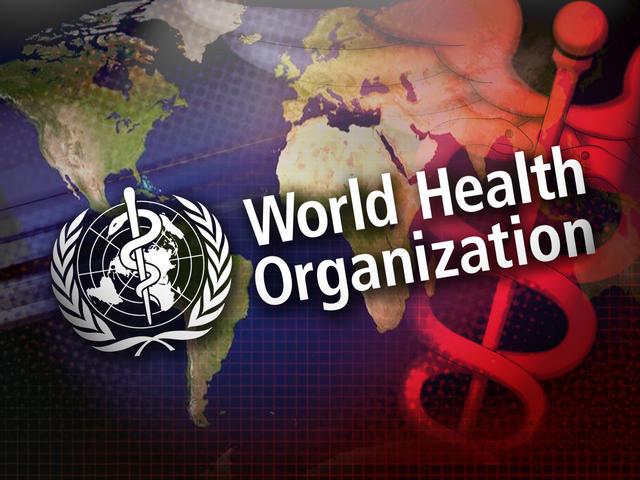
The use of the naturally occurring cannabinoid CBD is safe, well tolerated, and is not associated with any significant adverse public health effects, according to the findings of a preliminary report compiled by the World Health Organization’s Expert Committee on Drug Dependence.
Authors of the report declare that CBD is “not associated with abuse potential” and that it does not induce physical dependence. “CBD is generally well tolerated with a good safety profile,” they conclude.
Nonetheless, they acknowledge that CBD remains classified as a schedule I controlled substance under US federal law – a classification that defines it as possessing a “high potential for abuse.”
The WHO report also comments on CBD’s therapeutic efficacy, finding that the substance has “been demonstrated as an effective treatment for epilepsy,” and that there exists “preliminary evidence that CBD may be a useful treatment for a number of other medical conditions,” including Alzheimer’s disease, cancer, Parkinson’s disease, and psychosis.
While authors acknowledge that the “unsanctioned medical use of CBD” oils and extracts is relatively common, they affirm, “[T]here is no evidence of recreational use of CBD or any public health related problems associated with the use of pure CBD.”
The World Health Organization is in the process of considering whether to place CBD within the agency’s international drug scheduling code. In September, NORML submitted written testimony to the US Food and Drug Administration in opposition to the enactment of new international restrictions regarding CBD access. The FDA is one of a number of agencies advising WHO in their final review.
Full text of the preliminary report appears online here. The full text of NORML’s written testimony appears here.
Tags: cannabidiol, CBD, Expert Committee on Drug Dependence, World Health Organization

